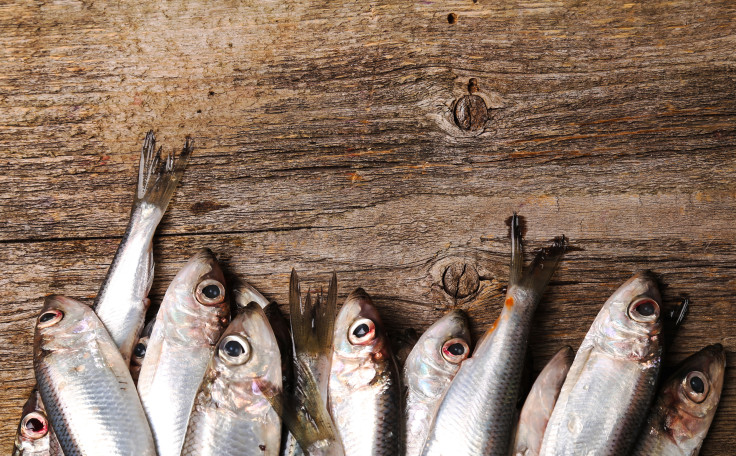Swapping Red Meat With Forage Fish Could Prevent 750,000 Deaths Annually In 2050: Study

Adopting a new diet pattern by switching red meat with forage fish could prevent 750,000 deaths annually in 2050, a recent research revealed.
Incorporating forage fish or prey fish such as herring, sardines, and anchovies into diets could potentially lower the prevalence of disability caused by diet-related diseases, according to the study published in the journal BMJ Global Health.
Studies have shown that red and processed meat consumption raises risks of non-communicable diseases such as heart disease, stroke, diabetes, bowel cancer, and coronary artery disease. These diseases accounted for around 70% of global deaths in 2019.
"Marine forage fish, which are predated by larger fish, are rich in omega-3 long-chain polyunsaturated fatty acids (DHA and EPA), the intake of which may prevent coronary heart disease, as well as being abundant in calcium and vitamin B12. They also have the lowest carbon footprint of any animal food source," the news release stated.
However, currently, three-quarters of the forage fish catch is ground into fishmeal and fish oil, the products that are mostly used for fish farming, destined for high-income consumers.
The recommended dietary shift could be particularly beneficial for low and middle-income countries, where these types of fish are affordable and abundant, and where the burden of diseases like heart disease is significant, the researchers said.
For the analysis, researchers devised four different scenarios based on projected red meat consumption in 2050 for 137 countries and historical data on the catch of forage fish from marine habitats.
Scenario one focused on prioritizing domestic supply, utilizing forage fish for national consumption or as a substitute for red meat. In scenario two, the emphasis was on reducing meat intake, particularly in countries where sheep and cattle consumption exceeds the recommended level of 15 kcal. The third scenario targeted ensuring sufficient fish intake, with a priority on countries where fish consumption falls below the recommended level of 40 kcal. Finally, the fourth scenario involved replacing an equal percentage of red meat across all countries based on the availability of forage fish.
Scenario one showed the lowest number of deaths averted. The analysis showed allocating all forage fish to regions with the lowest fish intake, particularly in lower and middle-income countries as per scenario 3, would reduce the global burden of disease more effectively.
When forage fish is widely adopted for direct human consumption, they provide substantial public health benefits, particularly in terms of reducing the occurrence of coronary heart disease.
"Globally, this approach could prevent half a million to 750,000 deaths from diet-related disease in 2050—and deaths from coronary heart disease in particular—and it could avert 8–15 million years of life lived with a disability, most of which are concentrated in low and middle-income countries," the news release stated.
Although the limited supply of forage fish would not be sufficient to replace all red meat, the study recommends increasing the daily per capita consumption of fish to close to the recommended level of 40 kcal in most countries, thereby reducing deaths from coronary heart disease, stroke, diabetes, and bowel cancer by 2% in 2050.
"Despite the theoretical potential of forage fish, several barriers, such as fish meal and oil processing, overfishing, climate change, and cultural acceptance may prevent the health benefits of forage fish from being realized," the researchers said.
"Multi-sectoral policy coordination and action (eg: prioritizing access to affordable fish, such as forage fish, for the poor and promoting the use of nutrient-rich microalgae as fish feed) could help to address some of these barriers," they added.



























